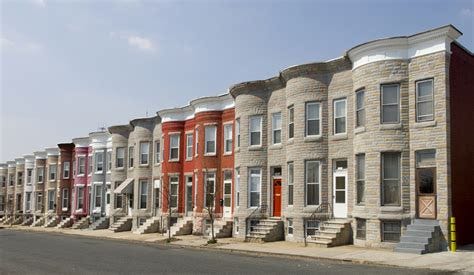This link has a interesting history of taxes, what government taxed and how people avoided it
Property Taxes in Colonial America began with two taxes that altered how people lived. There was the Window Tax that inspired row homes in Colonial America. They imposed a tax on every window you had, and the more windows you had, the more disgustingly wealthy you were. That tax simply became the standard, which was why row homes became the norm in the oldest cities, as illustrated here in Philadelphia. Row Homes eliminated the need for windows on two sides of the house and thus lowered the taxes.
Politicians, realizing that Row Homes was defeating their REVENUE collection, imposed a new tax on steps. You will also see some colonial houses had just one step and others two or three. You were then taxed on the number of steps you had. Hence, the saying “taking a step up in life” had its root in the fact that you were rich because you had more than one step and were taxed at a higher rate.
Government always wants to tax the productive members of society. While some taxes will be tolerated once the tax gets too high or their become too many the “rich” take their marbles home. This leaves the rest of us holding the bag and no job to boot.
The simple fact is the rich spend money, that money is used to make things and employ people. When government steals from the “rich” that money while it does turn up in the economy it distorts the economy to what the governmetn wants - which is not necessarily good for the rest of us. Its good for the government and its hangers on that are willing to sell their souls for a few bucks instead of becoming a productive member of society.
Rich has a funny way of morphing into all of us. Prior to 1939 the income tax applied to just the uber wealthy of the time,
In 1894, a Democratic-led Congress passed the Wilson-Gorman tariff. This imposed the first peacetime income tax. The rate was 2% on income over $4000, which meant fewer than 10% of households would pay any. The purpose of the income tax was to make up for revenue that would be lost by tariff reductions.[11] This was a controversial provision, and the law actually passed without the signature of President Grover Cleveland.
In the 1940s, the income tax went from a burden for the rich to a mass tax. The number of taxpaying Americans jumped from 3.9 million in 1939 to 42.6 million in 1945.




